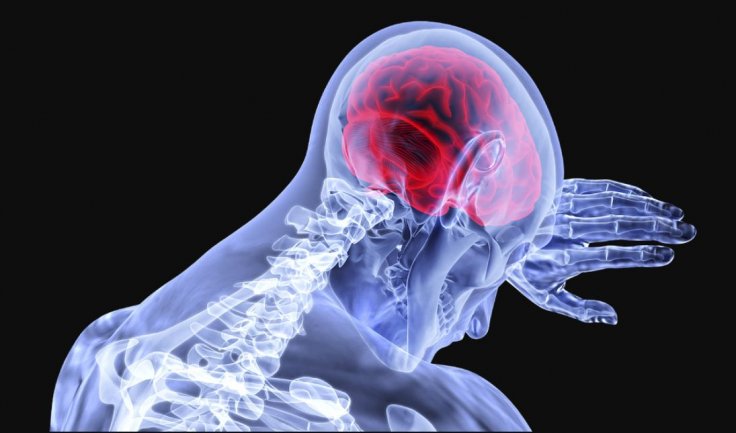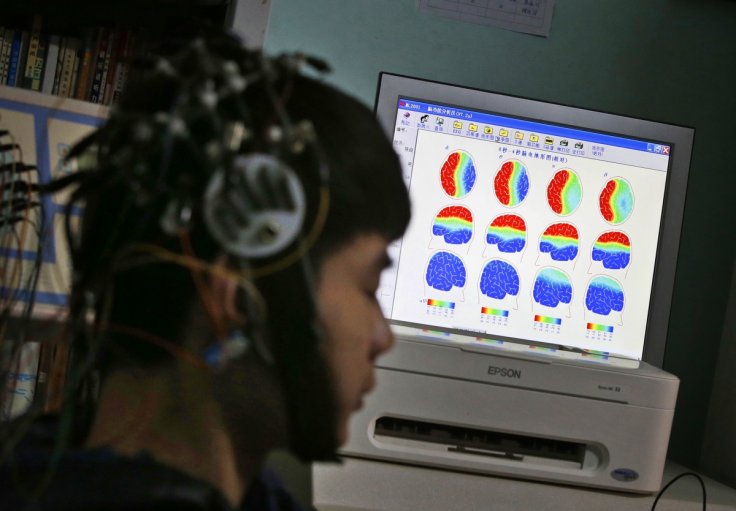Since the beginning of the Coronavirus pandemic, scientists have been telling people how the virus affects the body and what people would experience after contracting SARS-CoV-2. But a recent study has revealed that recovering COVID-19 patients' brains may age by 10 years.
Early studies showed how novel Coronavirus can affect the human brain—causing anxiety, confusion, fatigue as well as stroke. As each month passes, it is becoming increasingly clear that COVID-19 can trigger neurological problems in patients. Now an Imperial College London study found that the infection may cause mental decline equivalent to brain aging by 10 years.
A doctor from the Imperial College London, Adam Hampshire, conducted a study along with other researchers involving over 84,000 people. The non-peer-reviewed study said that in some severe cases of COVID-19, the infection is linked to substantial cognitive deficits for months.

'Significant Cognitive Deficits'
The researchers behind the new study said, "Our analyses ... align with the view that there are chronic cognitive consequences of having COVID-19. People who had recovered, including those no longer reporting symptoms, exhibited significant cognitive deficits."
Cognitive tests are helpful to determine how well the brain performs tasks—such as joining dots on a puzzle and remembering words—these are widely used to assess the brain performance of Alzheimer's patients. These tests are helpful for doctors to find out temporary brain impairments.
The team of researchers analyzed the results of those involved people who completed a study called the Great British Intelligence Test and their findings have yet to be reviewed by other experts. However, as per the researchers, the cognitive deficits were "of substantial effect size"—more specifically among those people who were admitted to hospitals due to Coronavirus infection.
The experts said that in some worst cases the impacts of the infection are found to be "equivalent to the average 10-year decline in global performance between the ages of 20 to 70".

A professor of applied neuroimaging at Edinburgh University, Joanna Wardlaw said the cognitive function of the participants was not known pre-COVID-19, and the recent findings also do not reflect long-term recovery, "so any effects on cognition may be short term".
A professor of medical imaging science at University College London, Derek Hill also said that the study findings could not be completely reliable—as it did not compare before and after scores, involved people who self-reported having the infection. He also said that overall, this is an intriguing but "inconclusive piece of research into the effect of COVID on the brain."
As researchers are trying to understand the long-term impact of COVID-19, Hill said that this will be important to further investigate "the extent to which cognition is impacted in the weeks and months after the infection and whether permanent damage to brain function results in some people."









